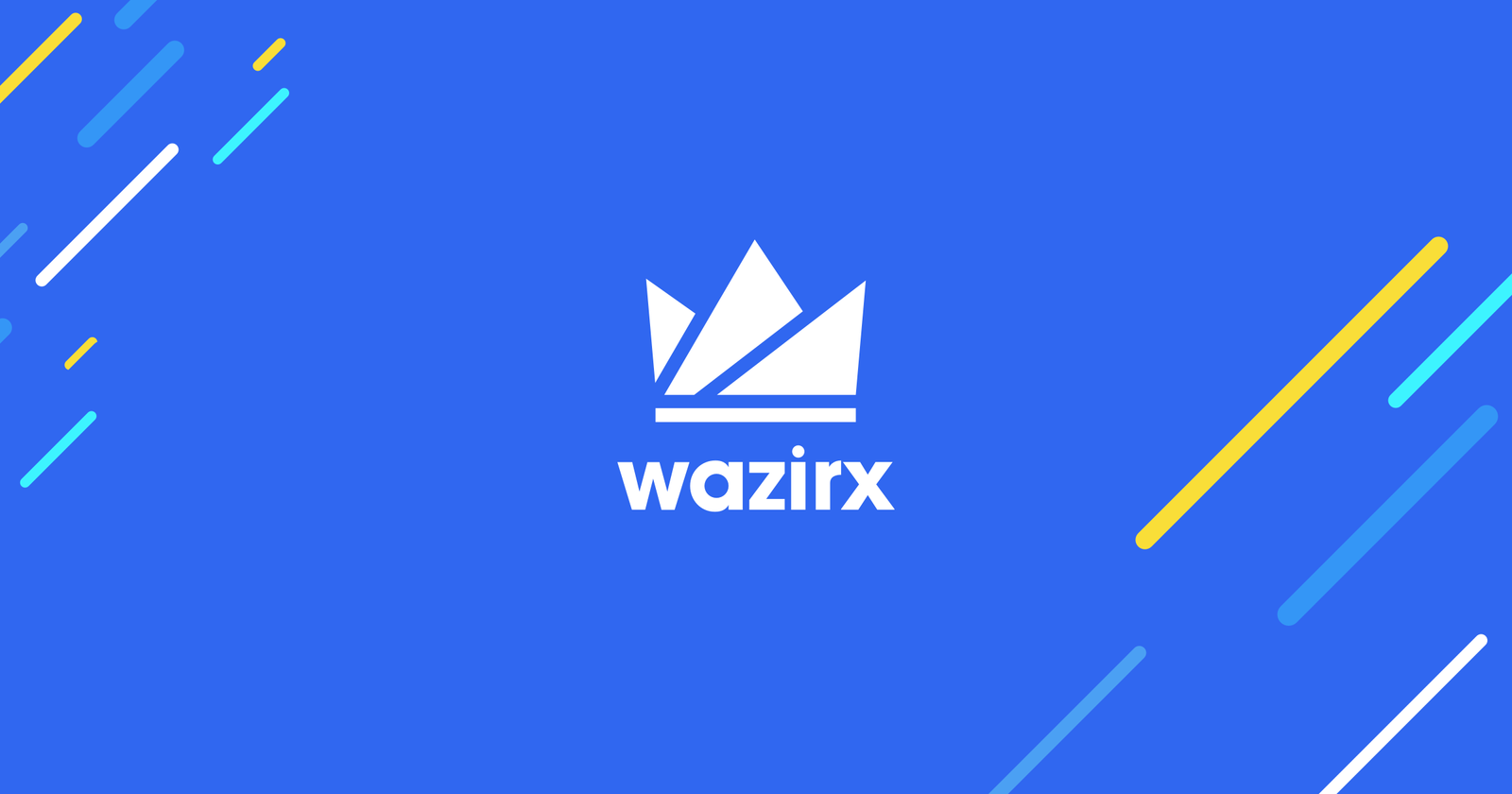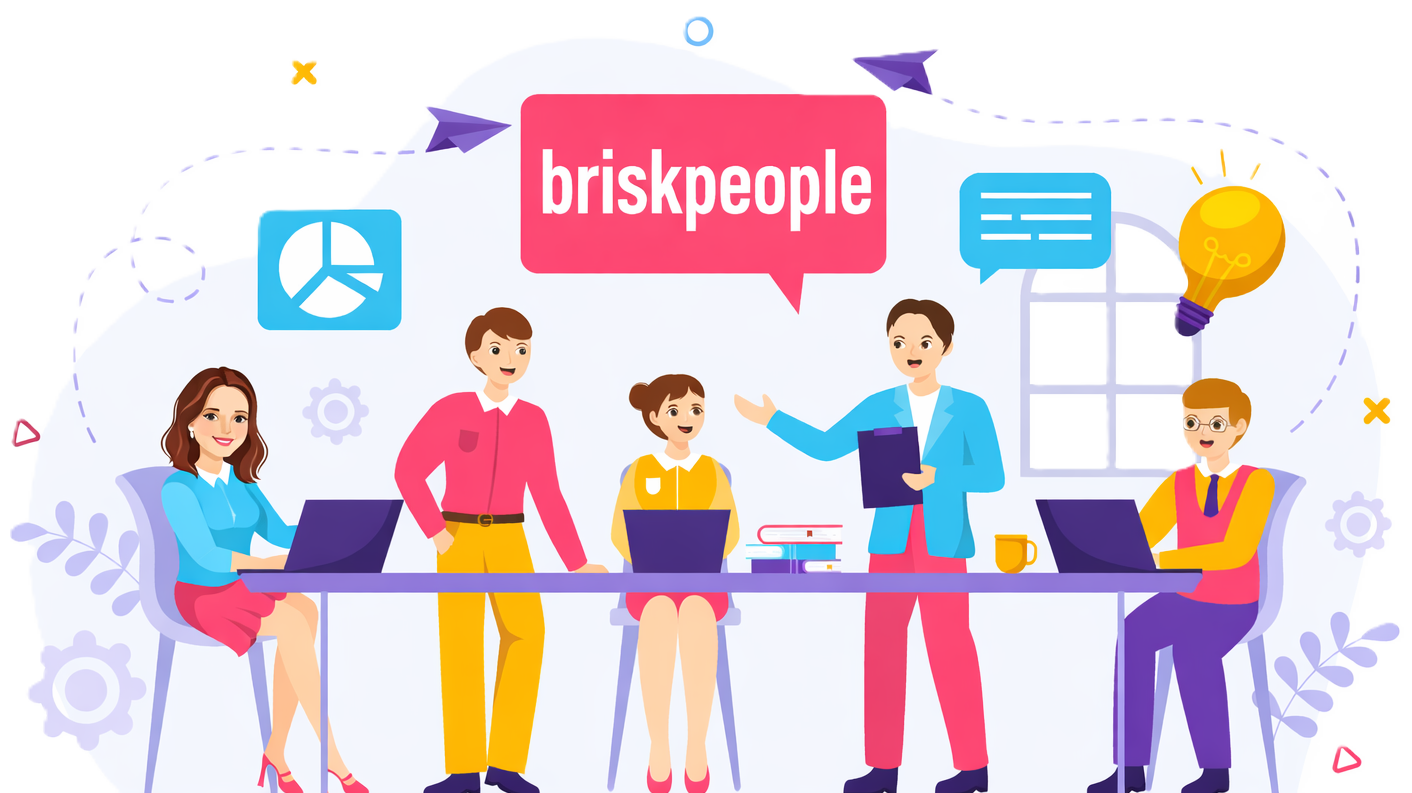As artificial intelligence (AI) continues to revolutionize industries—from healthcare and finance to manufacturing and logistics—the importance of securing AI systems cannot be overstated. AI models are highly dependent on the data they are trained with, and any compromise in data integrity or unauthorized access can lead to inaccurate outcomes, ethical issues, and loss of trust.
Enter blockchain technology—a decentralized, transparent, and tamper-resistant digital ledger system. Originally developed to support cryptocurrencies like Bitcoin, blockchain is now finding compelling use cases in data security, particularly for AI training data and model management. In this article, we explore how blockchain can safeguard AI data, ensure ethical AI practices, and build trust across AI ecosystems.
Why AI Needs Better Data Security
Before diving into how blockchain helps, it’s important to understand why AI needs enhanced data protection in the first place. Here are some of the key vulnerabilities:
1. Data Tampering and Poisoning Attacks
AI models are only as reliable as the data they are trained on. If the input data is altered—intentionally or unintentionally—the model’s output becomes unreliable. Adversarial actors can manipulate training data to introduce biases, cause system failures, or create backdoors in models.
2. Model Theft and Reverse Engineering
AI models often represent significant intellectual property. However, once deployed, they can be vulnerable to reverse engineering or unauthorized copying. Without robust security mechanisms, proprietary AI can be stolen or replicated.
3. Lack of Transparency and Accountability
In regulated industries, such as healthcare, finance, and legal services, it is critical to know where training data originated from and how models were built. However, many AI systems today operate as “black boxes” with no traceable records of their development process.
4. Compliance and Ethical Concerns
With global regulations like GDPR and HIPAA, organizations are increasingly required to maintain detailed records of data usage. Ethical AI development demands that datasets be unbiased, inclusive, and legally sourced. Without secure and auditable processes, achieving these goals is difficult.
Blockchain as a Solution for AI Data Security
Blockchain provides several properties that make it an ideal solution to the challenges mentioned above:
- Decentralization: Eliminates single points of failure.
- Immutability: Once data is recorded on a blockchain, it cannot be altered without consensus.
- Transparency: Every transaction or change is logged and traceable.
- Smart Contracts: Enable automated enforcement of rules and policies.
Now, let’s examine how these characteristics directly benefit AI data and model management.
Key Applications of Blockchain in Securing AI
1. Immutable Data Provenance
Blockchain creates an unchangeable record of data entries, enabling organizations to prove the origin and integrity of training datasets. This is crucial for:
- Preventing data poisoning attacks
- Ensuring data is ethically and legally sourced
- Auditing model training for regulatory compliance
Example: A healthcare AI startup can log every patient data entry on a blockchain. Later, if there’s a question about data misuse or bias, auditors can verify the source and consent status of each data point.
2. Decentralized Access Control
Using smart contracts, blockchain can manage who gets access to training data, for how long, and under what conditions. This is significantly more secure than traditional database access systems.
Use Case: An AI platform could use smart contracts to allow researchers to access datasets for 30 days, revoke access automatically after the period, and log all access attempts.
3. Transparent Model Training Logs
Blockchain can be used to store hash records of each version of a model, training session metadata, and the datasets used. This creates a complete audit trail for AI development.
Benefits:
- Verifiability of AI lifecycle
- Easier compliance with regulations
- Greater trust from users and regulators
4. Tokenized Incentives for Data Sharing
Data marketplaces powered by blockchain can incentivize individuals and organizations to share high-quality data securely. Tokens can be used to reward contributions while maintaining data ownership and control.
Example: Ocean Protocol allows users to monetize their data without relinquishing ownership, facilitating ethical and permissioned data sharing for AI training.
Benefits of Integrating Blockchain with AI
- Enhanced Data Security
- Immutable records make it almost impossible to alter training data without detection.
- Trust and Transparency
- Stakeholders can audit the origin and use of data and models.
- Protection of Intellectual Property
- Smart contracts can be used to license and protect AI model usage.
- Improved Regulatory Compliance
- Full traceability of data and model development helps meet legal requirements like GDPR.
- Decentralized AI Ecosystems
- Reduces reliance on centralized servers and intermediaries, fostering more open and collaborative AI development.
Real-World Examples and Use Cases
1. Ocean Protocol
Ocean Protocol uses blockchain to create a secure data marketplace where AI developers can access high-quality datasets while preserving data ownership and consent.
2. SingularityNET
A decentralized platform for AI services. By using blockchain, SingularityNET ensures secure transactions and fair compensation for AI model usage.
3. IBM and Hyperledger Fabric
IBM is leveraging Hyperledger Fabric to ensure traceability in AI model development, especially in supply chain and enterprise applications.
4. Numerai
Numerai is a hedge fund that leverages encrypted data and blockchain to crowdsource AI models from data scientists around the world, rewarding them in cryptocurrency.
Challenges to Blockchain-AI Integration
Despite its benefits, integrating blockchain with AI is not without challenges:
- Scalability: Blockchain networks are not built for large-scale data storage. Off-chain solutions and data hashing are often necessary.
- Speed and Latency: Writing to blockchain is slower than using traditional databases, which can be an issue for real-time AI applications.
- Privacy: Even though data can be encrypted, storing sensitive data on-chain can raise privacy concerns.
- Interoperability: Ensuring compatibility between blockchain systems and AI platforms can require complex integration work.
Solution: Many projects now use a hybrid approach—storing critical data references (hashes) on-chain and keeping the actual data off-chain in secure environments.
Future Outlook
The intersection of AI and blockchain represents one of the most exciting frontiers in technology. As organizations increasingly demand transparency, accountability, and security in AI systems, blockchain provides the infrastructure to deliver on those promises.
Emerging technologies like federated learning (AI training across decentralized devices) and zero-knowledge proofs (verifying data without revealing it) are also being explored in conjunction with blockchain to further strengthen AI systems.
Conclusion
AI’s transformative power comes with immense responsibility, especially when it involves sensitive data and decision-making processes. Blockchain technology offers a robust framework to ensure the integrity, security, and transparency of AI data and training models.
As blockchain and AI technologies mature, their integration will become essential for creating trustworthy, ethical, and secure AI systems across industries.
















Leave a Reply